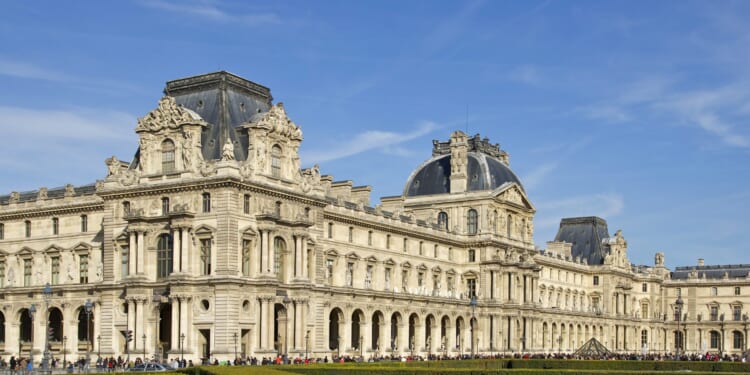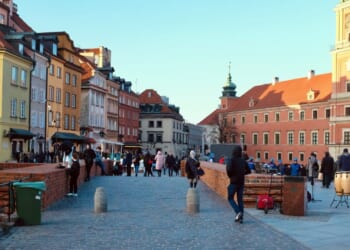Recent stories of note:
“The Louvre theft points to the wider crisis in France”
Valeria Costa-Kostritsky, Apollo
The Louvre heist is morphing into the latest symbolic blow to the Napoleonic ambition of Emmanuel Macron. The official response epitomizes the current government’s refusal to take responsibility for its failures. As Valeria Costa-Kostritsky notes, the French culture minister, astonishingly, reported to the French Senate that “the Louvre Museum’s security apparatus did not fail.” If having the state’s crown jewels stolen in broad daylight as the guards flee the very gallery they are meant to protect isn’t a security failure, then what is? The theft comes after Macron’s announcement earlier this year, to much fanfare, of an €800 million renovation of the Louvre, which the president calls a “renaissance”; that is also, purely incidentally, the name of Macron’s political party. The project will be funded by an increase in ticket prices, which already stand at a substantial twenty-two euros. Never has the phrase “daylight robbery” been more apposite.
“‘The World at First Light’ Review: What’s in a Renaissance?”
David Lloyd Dusenbury, The Wall Street Journal
With the term “renaissance” nowadays tossed around left, right, and center, medieval historians have also caught onto its appeal, adding two extra renaissances (one in the Carolingian era and another one in the twelfth century) before the main event in fourteenth-century Italy that we all know and love. The German historian Bernd Roeck’s recently translated book The World at First Light asks what exactly such a rebirth entails. Roeck maintains that, for all the preceding renaissances’ brilliance, it was the Great Italian Renaissance that gave birth to the modern West, through its emphasis on critique and skepticism: think of how the Renaissance informs Montaigne’s motto, Que sais-je? (What do I know?). In his review, David Lloyd Dusenbury argues that for all of its merits, Roeck’s thesis does not account for the crucial role of religion in Trecento and Quattrocento Italy: Vasari’s rinascita was described by other humanists as a “resurrection.” Faith went hand in hand with what Roeck calls “romanticism,” a passionate longing for the unattainable past, which is the precondition of any renaissance. It is that faith-inflected romanticism that is so sorely lacking in our presentist, irony-poisoned culture.
“Strauss and Meyer rediscovered”
Daniel J. Flynn, Law & Liberty
In 1961, Leo Strauss, the brilliant political philosopher at the University of Chicago, and Frank Meyer, one of the founders of the American conservative movement, exchanged eleven letters, largely on the subject of totalitarianism. The question hit close to home for both: seeing the writing on the wall, Strauss had left Germany for America as the Nazis were about to seize power in 1932, while Meyer had been a committed Stalinist before his intellectual pivot following World War II. Daniel J. Flynn, who recently published a biography of Meyer, examines the letters between the two titans, which include some fascinating insights into the communist system. For instance, Strauss and Meyer touch on the Marxist hatred of “subjectivity” (individuality), which must be eradicated through what Meyer calls Marxist “psychosurgery.” Strauss was particularly intrigued by the psychology of Communism, because, as he lets slip in one of the letters, he had never actually known any Communists, which explains his interest in Meyer. One wonders what Meyer and Strauss would have made of the peculiar form of today’s Marxism, which combines the old collectivist ethos with a radical identitarian “subjectivity.”


















